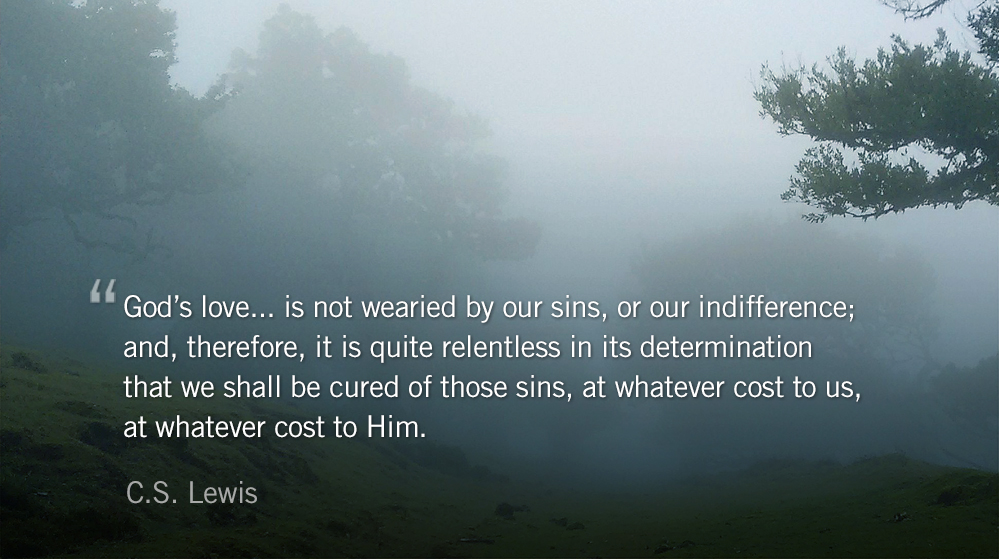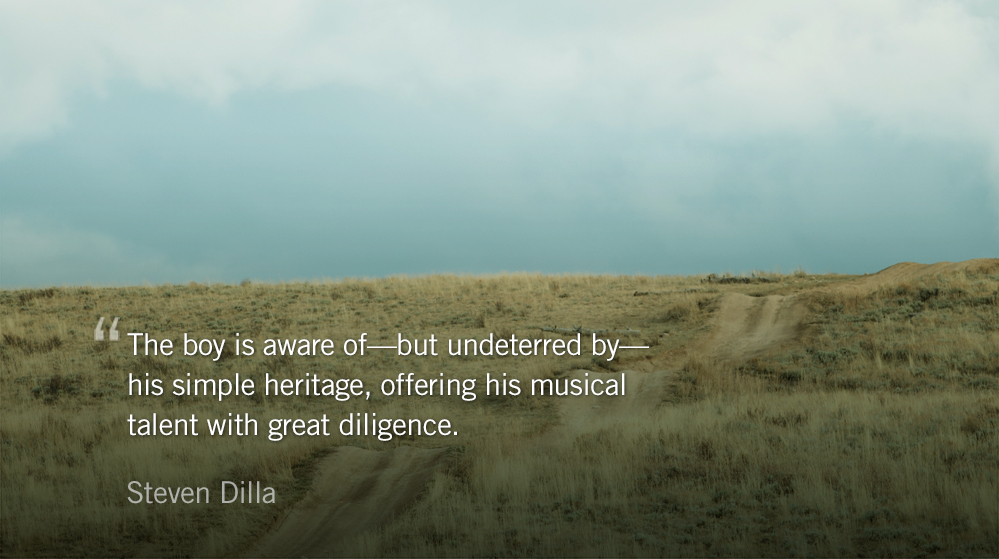It is God’s love for us, not ours for him, that is the context for faith. Our ability to love God is imperfect—though spiritual disciplines and the rhythms of community can shape them greatly, as C.S. Lewis explains in Mere Christianity:
People are often worried. They are told they ought to love God. They cannot find any such feeling in themselves. What are they to do? The answer is the same as before. Act as if you did. Do not sit trying to manufacture feelings. Ask yourself, ‘If I were sure that I loved God, what would I do?’ When you have found the answer, go and do it.
Lewis isn’t deceived—“go and do it” only works until you can’t, or simply don’t—then what becomes of faith? He continues:
On the whole, God’s love for us is a much safer subject to think about than our love for Him. Nobody can always have devout feelings: and even if we could, feelings are not what God principally cares about.
Christian Love, either towards God or towards man, is an affair of the will. If we are trying to do His will we are obeying the commandment, ‘Thou shalt love the Lord thy God.’
He will give us feelings of love if He pleases. We cannot create them for ourselves, and we must not demand them as a right. But the great thing to remember is that, though our feelings come and go, His love for us does not. It is not wearied by our sins, or our indifference; and, therefore, it is quite relentless in its determination that we shall be cured of those sins, at whatever cost to us, at whatever cost to Him.
There is no faith without risk, and no reward in heaven for returning spiritual armor without dents. The armor of God is to protect believers as we apply our faith in a broken world—will not our hearts grow weary? The gospel is that Christ has succeeded where we have failed.
We do not shrink back because we are inconsistent in our love for God—we take risks of faith because God is relentless in his love for us.
Today’s Reading
2 Chronicles 11-12 (Listen – 6:00)
Revelation 2 (Listen – 4:59)








